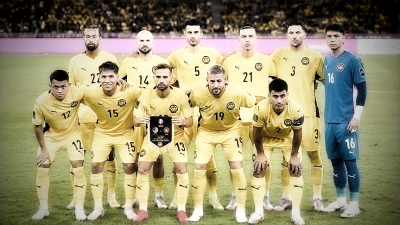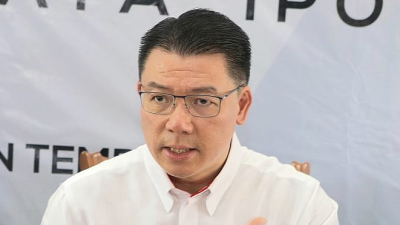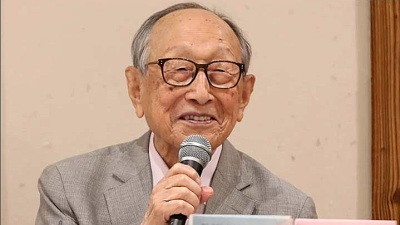By Daniel Hazieq
I noticed that I was losing one to two kilograms of weight and had diarrhea once a month. I figured it was the stress that is getting into me and it would subside in no time.
As days went by, I was getting diarrhea for three weeks straight and finally noticed something was badly amiss.
After visiting two different general practitioners who dismissed my symptoms as something benign and just gave me medications for my diarrhea – which didn't work – my dad felt that a trip to the gastroenterologist was warranted.

At the gastroenterologist's clinic, my dad and the doctor first thought it was an infection by Helicobacter pylori (an infection known to cause ulcers in the digestive tract).
The doctor advised me to take antibiotics and get plenty of rest at home.
My dad, being himself, remained skeptical about the diagnosis and insisted on a colonoscopy.
This was how we found out I had rectal cancer.
It took me by surprise. How can one be diagnosed with colorectal cancer in their 20s with no genetic history of colorectal cancer?
In my mind, it was not possible as colorectal cancer patients are usually male, above the age of 50 with a genetic history of colorectal cancer.
Not long after being diagnosed with it, I was scheduled to undergo surgery, two surgeries, to be specific.
The first one was colon resection surgery (surgically removing the affected colon), and the other was rejoining the remaining part of the colon back.
Thankfully, I had Stage II-A colorectal cancer (tumor has invaded every organ layer but has not spread to other organs or lymph nodes). Hence, I do not require radiotherapy or chemotherapy.
In between surgeries, I had to wear a colostomy bag (a plastic bag that collects fecal matter from the digestive tract through an opening called a stoma) so that my colon can heal before my second surgery.
It was embarrassing for me as I could not control the sound that came from my body, and I had to cover the bag under my clothing.
After the second surgery, I have to go to the bathroom up to 15-20 times per day. This required me to adjust by going to places that have clean toilets.
It was tough to get used to a whole new bowel system after the surgery, embarrassing, to say the least.
The treatment process was long and difficult for me though my mood remains upbeat since I am generally like this. The support that I have garnered among my close family members and friends helped me to stay positive throughout.
Six months after my surgery, I went for a follow-up visit. The doctor told me that there was no sign of cancer. I breathed a sigh of relief.
Looking back at the lifestyle I had before I was diagnosed with rectal cancer with my current one, I exercise daily now and am careful with my diet as anything can trigger me to go to the toilet.
I became more grateful, appreciating life as it is and the people around me a lot more.
I live life each day as it comes, appreciate the people around me, and take things easy. It was a game-changer for me.
To all cancer patients out there, remember that acceptance is the key to weathering cancer. And for everyone else, remember to be grateful every day for all that we are given.

This publication is in conjunction with MMI X Kalsom Care My Colorectum. Information regarding the project can be found at @mmi_social on Instagram and at MMI Malaysia on Facebook.
Interviewed and written by Daniel Hazieq. Consent has been obtained from the interviewee for the purpose of this publication. The author has rewritten the article with permission from the interviewee.
MMI X Kalsom Care My Colorectum aims to educate the public on the importance of early colorectal cancer screening as colorectal cancer is the second most prevalent cancer in Malaysia in both males and females. This initiative also aims to raise funds from the public through Donation Drive with possible collaboration with organizations that provide care and support for colorectal cancer patients in Malaysia. Please support our donation drive. Every penny counts.
ADVERTISEMENT
ADVERTISEMENT


































